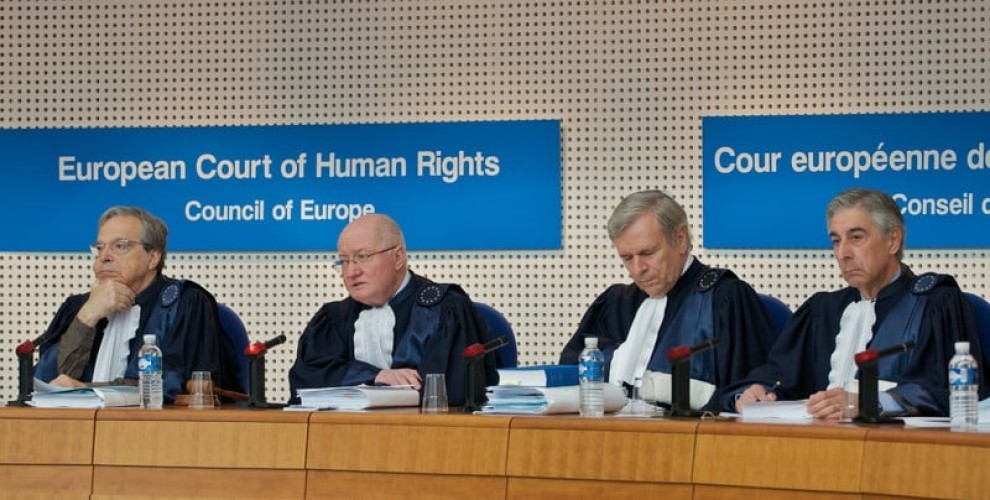Demirtas appeals to the ECHR Grand Chamber
Selahattin Demirtas is appealing to the ECHR Grand Chamber for the unfavorable points of the ruling on his case which included an order for his release.
Selahattin Demirtas is appealing to the ECHR Grand Chamber for the unfavorable points of the ruling on his case which included an order for his release.

Imprisoned former HDP Co-chair Selahattin Demirtas appealed to the ECHR Grand Chamber for the unfavorable points of the ECHR ruling of November 20, 2018 regarding his case, which included an order for his release. Demirtas submitted the appeal through his lawyers and requested a reevaluation of the unfavorable points and a ruling on Turkey’s noncompliance with the ruling.
APPEAL ARGUING THE EMERGENCE OF FIVE FUNDAMENTAL ISSUES
Demirtas’ lawyers said the following in the statement they issued:
“As it is known, in their ruling on Selahattin Demirtas’ appeal, the ECHR’s Second Section stated that the arrest of the applicant violates Articles 5 and 18 of the European Convention on Human Rights as well as Article 3 of Protocol No.1.
We have appealed to the Grand Chamber on February 19, 2019 demanding that the Grand Chamber examine the ECHR’s Demirtas ruling, arguing that the ruling in question has brought about at least five fundamental issues of serious and general nature on the interpretation and implementation of the European Convention on Human Rights following its inapplicability in domestic law.”
The statement also mentioned the appeal petition written by Prof. Dr. Basak Cali and Dr. Kerem Altiparmak.
NOW WHAT?
The lawyers said the following on what will happen next:
“A panel of 5 judges who weren’t involved with the Section 2 ruling will examine whether the case complies with conditions required for the Grand Chamber to reevaluate, as defined in the ECHR Article 43. If the panel’s decision is positive, the case will be reevaluated by the Grand Chamber. Both Demirtas and the government are appealing for a Grand Chamber reevaluation in this case. Contrary to Demirtas’ reasons listed above, the government petition requests a reevaluation of the violation rulings.
If the panel’s decision is negative, the ruling will be finalized as per the Convention law, and will be referred to the Council of Europe Committee of Ministers for follow up on its implementation. The CoM will be monitoring the necessary steps by the executive, legislative and judicial branches of the state for the implementation of the ruling.”